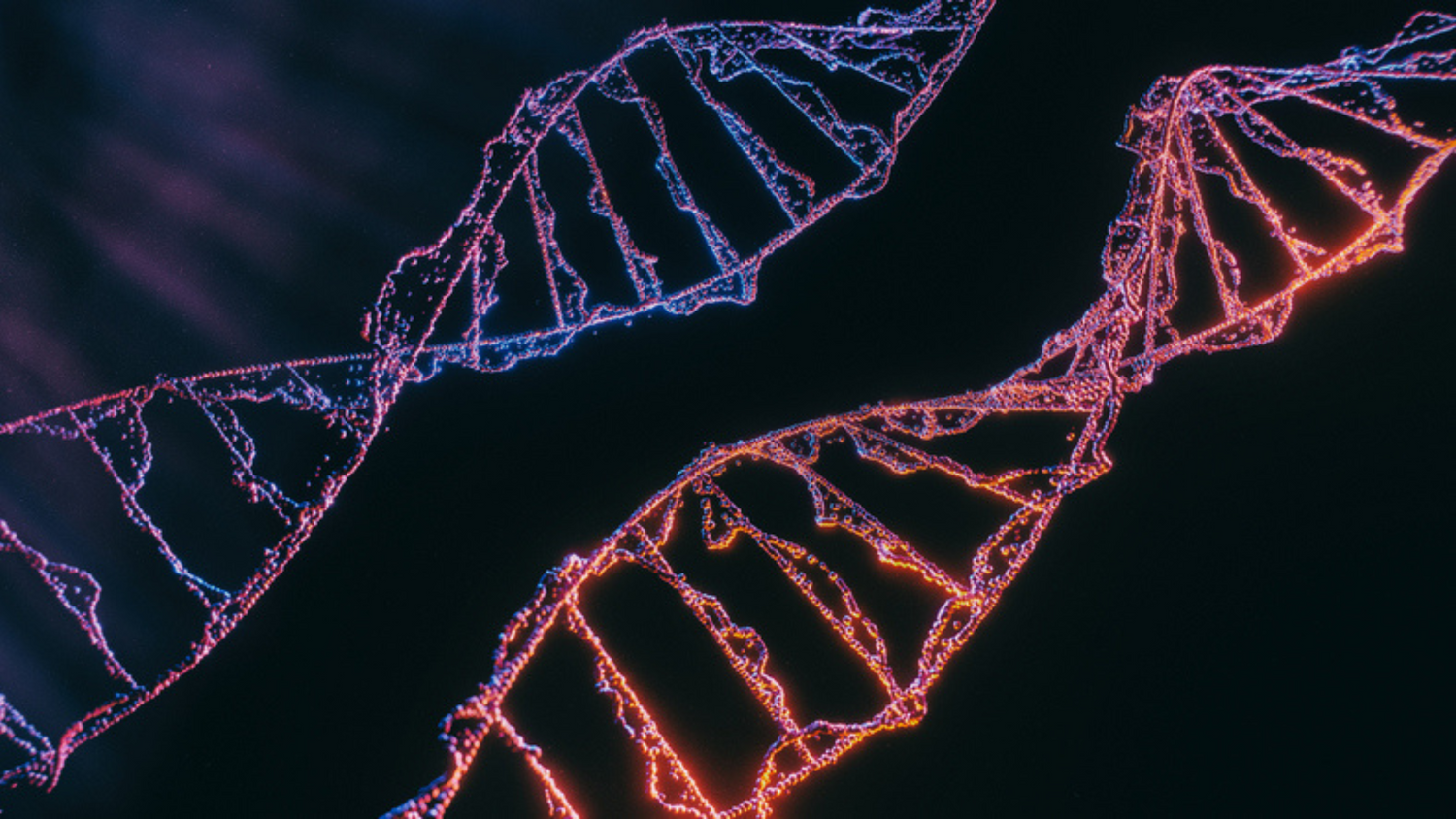Key Takeaways:
- Epigenetics influences how external factors like diet and stress affect the ageing process by modifying gene expression.
- Epigenetic reprogramming shows promise in reversing cellular ageing and restoring youthful function.
- Healthy lifestyle choices can positively impact your epigenome and reduce age-related disease risks.
______________________
Ever wondered why identical twins, who share the same DNA, can age differently? The answer lies in a fascinating field of science called epigenetics. Your genes, while important, are not the only factor in how you age.
Epigenetics—how your lifestyle and environment affect the way your genes express themselves—plays a key role in determining how you age. In this blog, we’ll dive into the science of epigenetics, explore its influence on ageing, and examine groundbreaking research into how it could be the key to reversing the clock on your body’s ageing process.
The Power of Epigenetics: More Than Just Your DNA
Epigenetics refers to changes in gene expression that do not involve changes to the underlying DNA sequence. Essentially, it is the study of how your genes are “turned on” or “turned off” based on external factors. Think of your DNA as a piano, and epigenetics as the musician playing it. The same piano can produce different melodies depending on how it is played (R).
Various factors such as diet, stress, pollution, and exercise can influence your epigenome, the layer of information that sits above your genetic code, shaping how your genes behave. These changes in gene expression can accumulate over time, affecting everything from your metabolism to how your body responds to illness. But more intriguingly, epigenetic changes are now thought to be crucial drivers of ageing. So how exactly does this happen? Let’s look into it (R).
Gene Expression: The Key to Understanding Ageing
Your body relies on a finely tuned balance of gene expression to maintain health. Genes switch on and off at the right times to perform critical functions, like repairing cells, maintaining tissues, and fighting off disease. Epigenetic mechanisms, such as DNA methylation and histone modification, control this process (R).
DNA methylation involves adding a small molecule, known as a methyl group, to DNA, which typically silences gene activity. Conversely, histone modification changes the way DNA is wrapped around proteins, making certain genes more or less accessible for activation. When these processes are balanced, your body functions smoothly. However, over time, errors can accumulate. Genes that should be turned on are turned off and vice versa, leading to the cellular dysfunctions associated with ageing (R).
But what if you could control or even reverse these epigenetic changes? Recent scientific studies have started to explore this possibility in great detail (R).
Ageing: An Epigenetic Ticking Clock
As you age, your epigenetic markers start to shift in ways that contribute to the deterioration of your body’s cells. This process is often referred to as “epigenetic drift.” For example, studies have shown that DNA methylation patterns change drastically with age. Cells lose their youthful functionality as certain genes essential for repair and regeneration become less active (R).
Image sourced: Human Molecular Genetics, Teschendorff, Andrew & West, James & Beck, Stephan. (2013). Age-associated epigenetic drift: Implications, and a case of epigenetic thrift?. Human molecular genetics. 22. 10.1093/hmg/ddt375.
Loss of epigenetic information can lead to what’s termed “transcriptional noise,” where the body’s regulatory mechanisms start to fail. This dysfunction can contribute to many age-related diseases, including cancer, neurodegenerative disorders, and cardiovascular diseases. Research suggests that this loss of epigenetic information might actually be one of the root causes of ageing itself (R).
The good news? This process may not be set in stone. In fact, some researchers believe it might be possible to reprogram your epigenome and restore youthful function to your cells.
Reversing Ageing: The Potential of Epigenetic Reprogramming
One of the most exciting developments in the field of epigenetics is the potential for “epigenetic reprogramming.” Scientists have discovered that by reintroducing specific factors, it’s possible to reset the epigenetic clock in cells. This has been demonstrated in lab animals, where cells that had lost their function due to ageing were reprogrammed back to a youthful state (R).
Epigenetic reprogramming works by inducing the expression of certain genes associated with youth and repair. One landmark study used Yamanaka factors—proteins that can reset a cell’s epigenetic marks—to reverse the ageing of cells in mice, improving their physical functions and extending their lifespan (R).
While these findings are still in the early stages and mostly confined to animal studies, the implications for humans are profound. Researchers are investigating ways to harness this technology to not just slow down ageing, but to actually reverse it. If successful, this could open the door to therapies that help you maintain youthful health and vitality for much longer than previously thought possible.

Applying Epigenetics to Your Life Today
While we wait for the next big breakthroughs in epigenetic research, there are actionable steps you can take now to support your own epigenome. Lifestyle choices like a healthy diet, regular exercise, stress management, and avoiding exposure to toxins can help maintain proper gene expression throughout your life.
In fact, studies have shown that adopting healthier habits can have measurable effects on your DNA methylation patterns, reducing the risk of age-related diseases (R).
For example, foods rich in polyphenols, like green tea and turmeric, have been shown to influence DNA methylation in ways that promote healthy ageing. Likewise, exercise has been found to reduce harmful epigenetic changes, helping to protect against conditions like cardiovascular disease and diabetes (R).

Where Will Epigenetic Research Take Us?
The future of epigenetic research holds immense promise. While we are only beginning to understand the intricate relationship between our genes and the environment, the potential for interventions that modify our epigenetic markers is growing. You could soon be able to actively influence your ageing process through targeted therapies or lifestyle changes that reprogram your cells for longevity. If you’d like to learn more about this topic, a wealth of scientific research is available to explore how your epigenome can be nurtured for optimal health (R).
Conclusion
The relationship between epigenetics and ageing offers a powerful insight into how you can influence your health and longevity. While your genes may set the stage, your lifestyle, habits, and even emerging scientific advancements could help rewrite the script. Understanding the dynamic nature of gene expression opens up new avenues for living a longer, healthier life.
Small choices today can shape your future health. Our Longevity Blend supports your choice to nourish your body with nutrients that align with epigenetic principles for healthy ageing.






